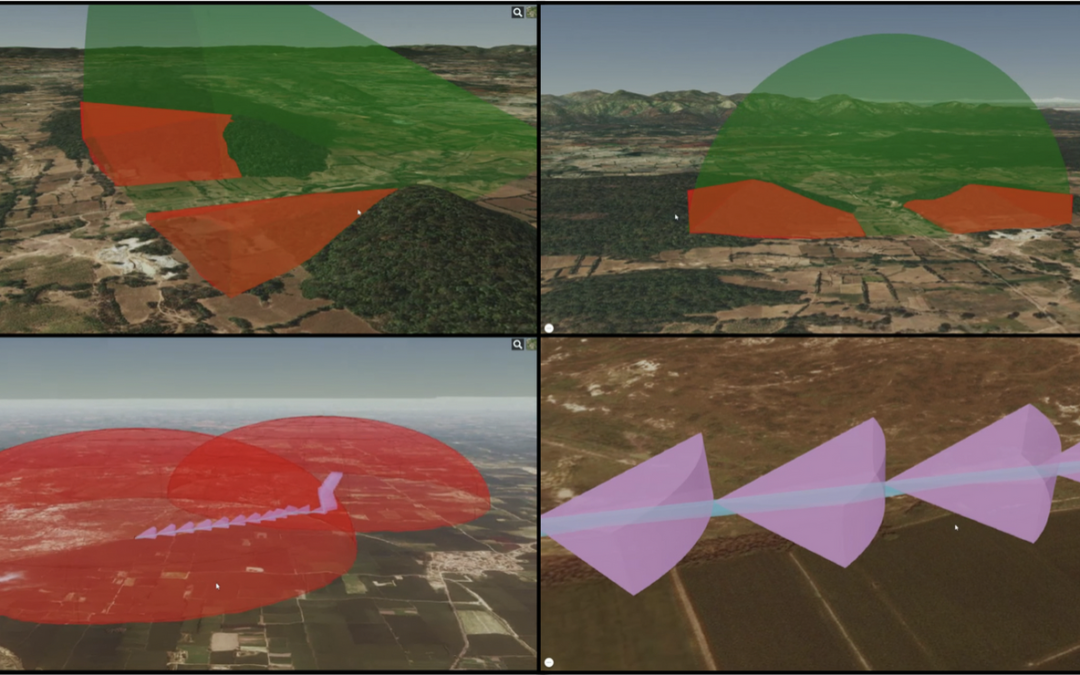Many leading financial services providers like banks, insurance companies including wealth and asset managers have successfully piloted robotics solutions, but relatively very few have succeeded in industrializing the benefits.
Robotic Process Automation helps financial organizations more easily accommodate change and embrace increasing complexity. As the market demands service, the pressures of competition grow in that market, your organization will need to continually change and evolve to stay in the mix. Robotic Process Management is easily scalable, with quickly deployable turnaround time and rapidly adaptable to tackle ever more, and ever more complex workflows, without adding to your operational headcount.
Software robotics promises to provide a solution that can rapidly automate all back-office and customer facing processes, making them faster, significantly more cost effective, and improving service consistency and maintaining regulatory compliance. Rather than looking at Robotics Process Automation (RPA) as a threat it can become complementary to any workforce, working hand in hand with people to help them focus on other higher priority tasks, also helping them improve their work efficiency and performance.
RPA is best for repetitive activities that require little intervention and that computers can do much faster than humans. Financial services companies across different sectors are all leveraging RPA and seeing massive benefits in the process. While RPA has implications in a variety of different industries, financial service institutions, like banks and insurance companies, stand to benefit the most. Especially because this industry is heavily regulated and has high security, auditability, and data quality demands, robotics and automation just make sense.
RPA agents can also assist in many of the services that consumer banks offer to their clients. For example, they can calculate mortgage and loan rates based on a customer’s credit score and history with the bank. You can also use RPA agents to determine whether customers qualify for refinancing their loans and send them notifications about loans that are in delinquency or default. Agents can also assist insurance companies at every stage of the sales funnel, from generating leads to cross-selling and up-selling. For example, you can use RPA to automatically download leads from websites that allow visitors to comparison shop with different insurance providers.
From car insurance to life insurance, RPA agents can update a customer’s policy based on claims and events. Not only can they accurately distribute payments, they can also find and correct data discrepancies on multiple systems.
According to the 2017 Deloitte state of cognitive survey, 76 percent of companies surveyed across a wide range of industries believe cognitive technologies will “substantially transform” their companies within three years. While independent studies suggest full return on investment within a year.
Studies suggests RPA can reduce manual operations costs by 25% to 40% or more, it does this while improving service and compliance, and typically provides a return on. Because the software replicates human activity, forming a virtual workforce available 24 hours per day, with full audit and 100% accuracy and transparency.
As financial services companies see the benefits of using RPA, we expect that more and more of them will take the leap. In the workplace of the future, RPA won’t be a competitive edge any longer. Instead, it will be a necessity for companies seeking to provide high-quality performance and service in a crowded financial services landscape.













Recent Comments